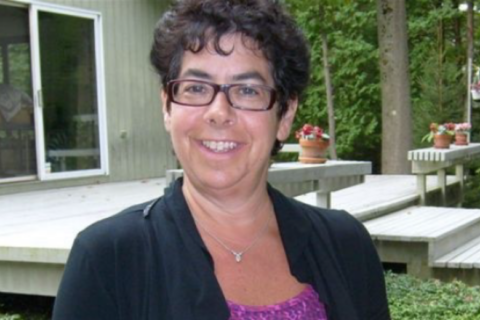Three newly appointed assistant police chiefs in Montgomery County, Maryland, said there will be changes to how policing is carried out, including a shift from what one called a “warrior mentality” to a “guardian mentality.”
When the Montgomery County Council voted on the appointments of the assistant chiefs, Montgomery County police Chief Marcus Jones told the council members the three “will be a tremendous asset to our police department.”
Two of those appointed are veterans of the department. Assistant Chief Darren Francke served as a captain in the 3rd District, and Assistant Chief Marc Yamada served as a captain in the 4th District.
Signaling a change in the approach to policing, County Executive Marc Elrich also named a civilian to assistant chief, and went outside the county to do it.
Carmen Facciolo had previously worked in the Bronx District Attorney’s Office in New York.
Facciolo will lead the recently created Community Resources Bureau. According to the legislation that created the civilian position and the new bureau, Facciolo will be tasked with working to build trust in the community, providing greater supervision and accountability, and enhancing “efficiencies” in the delivery of services to the community.
Jones told council members that the three would “help to bring great stability” and improvements to the department. Noting Facciolo’s introduction to the new bureau created as part of a reform package in the county, Jones said Facciolo, “I believe he will bring great energy to this county.”
Facciolo said he would work to strike a balance while working toward police reforms. He said listening to one extreme or the other is not an option.
“On one moment we’re talking about ‘defund the police’, and in another moment we’re talking about more strict and zero tolerance policies,” Facciolo said. Neither provides an acceptable path; “We have to find a middle ground,” he said.
Francke told the council that the philosophy of policing would have to shift from a “warrior mentality” to a “guardian mentality,” but he did not downplay the dangers of the job of policing.
“Policing is very dangerous work,” Francke said, adding that the approach to the community would have to change. “Not every single person is a threat.”
Yamada told the council that his father was a first-generation Japanese American, whose own family was interned in a relocation camp in Arizona by the U.S. government during World War II.
“I’ve had firsthand experience with bias and hate,” Yamada said.
Yamada, who was born and raised in Wheaton, said that he was teased through much of elementary and middle schools.
“I was teased for my last name and the shape of my eyes; it was similar to the bias and ridicule we’re seeing here today in our Asian communities,” he said.
Yamada said he holds his officers accountable, adding that Jones believes the same thing.
While the police department works to improve community relations through a lens of equity, Yamada hopes that other county agencies would do the same thing.
“In a partnership … I think that can provide the type of police work that you’re looking for,” Yamada told the council.








